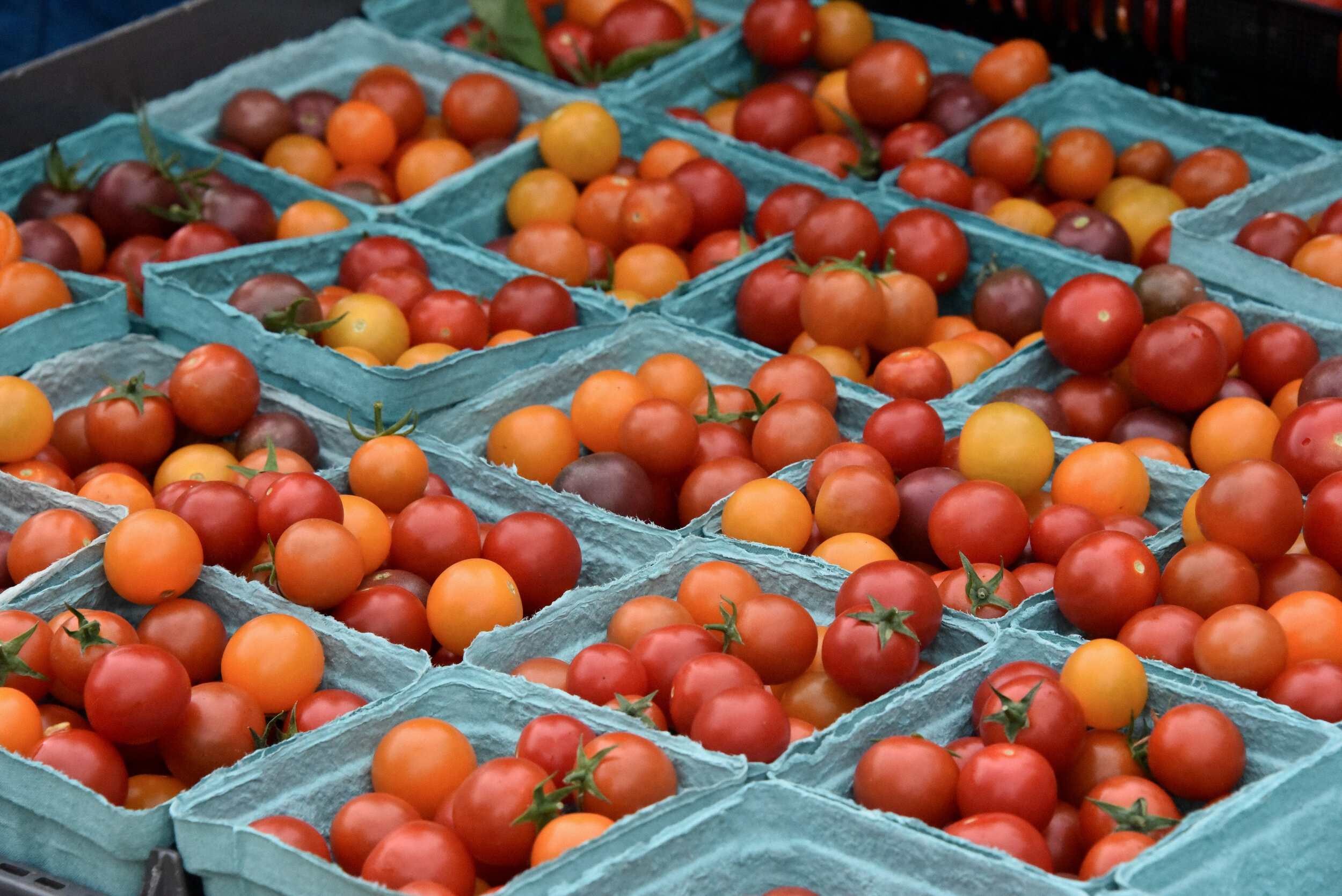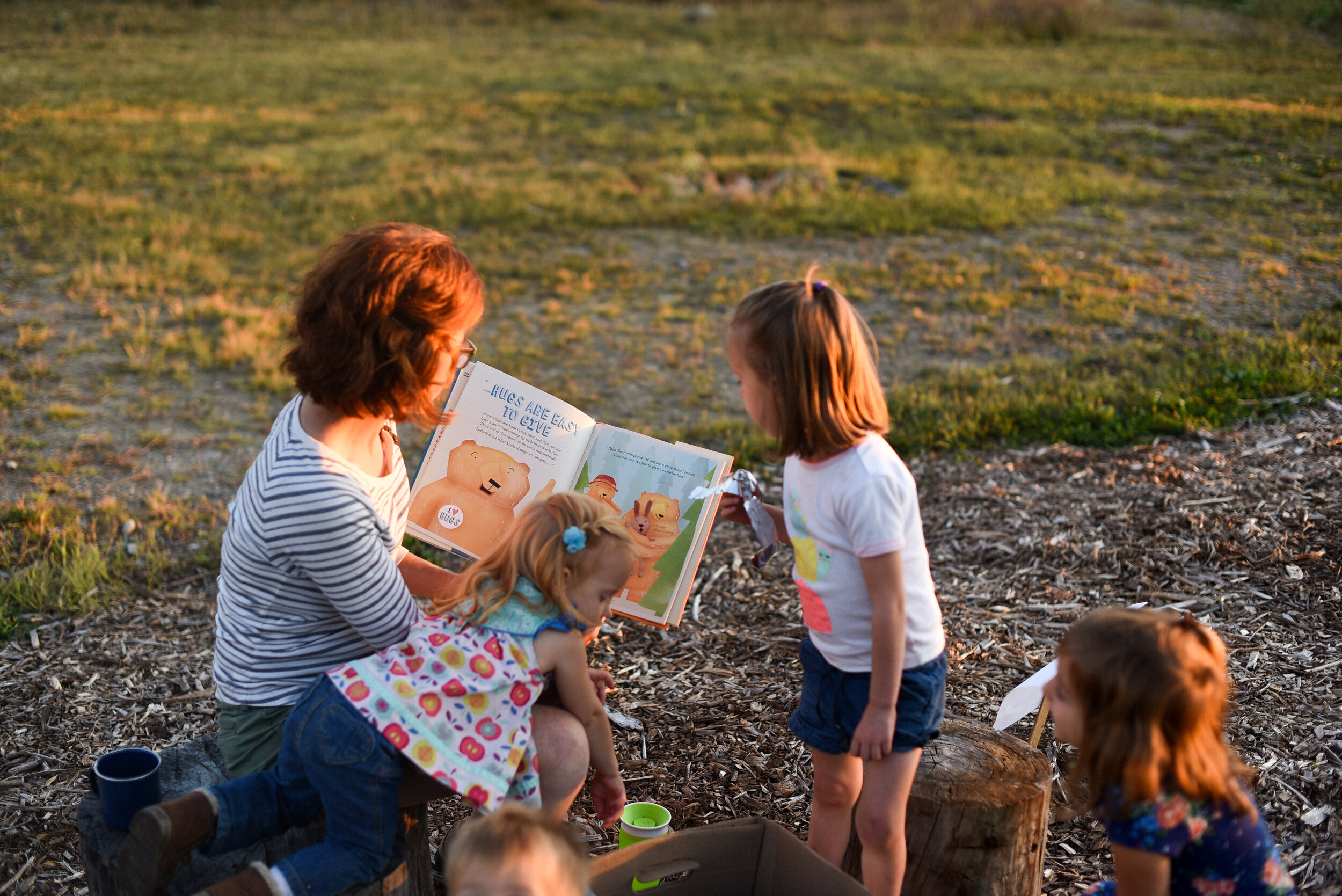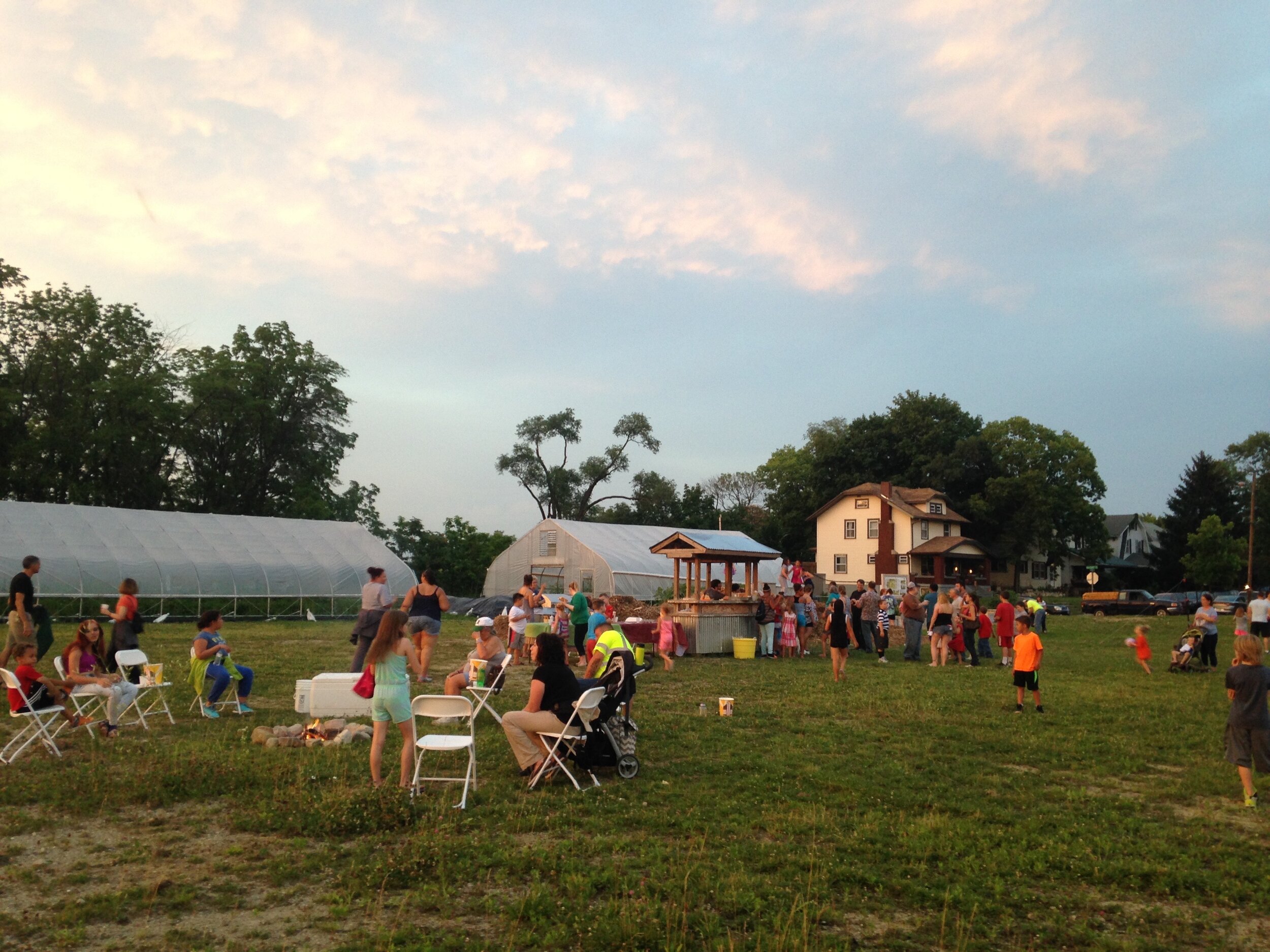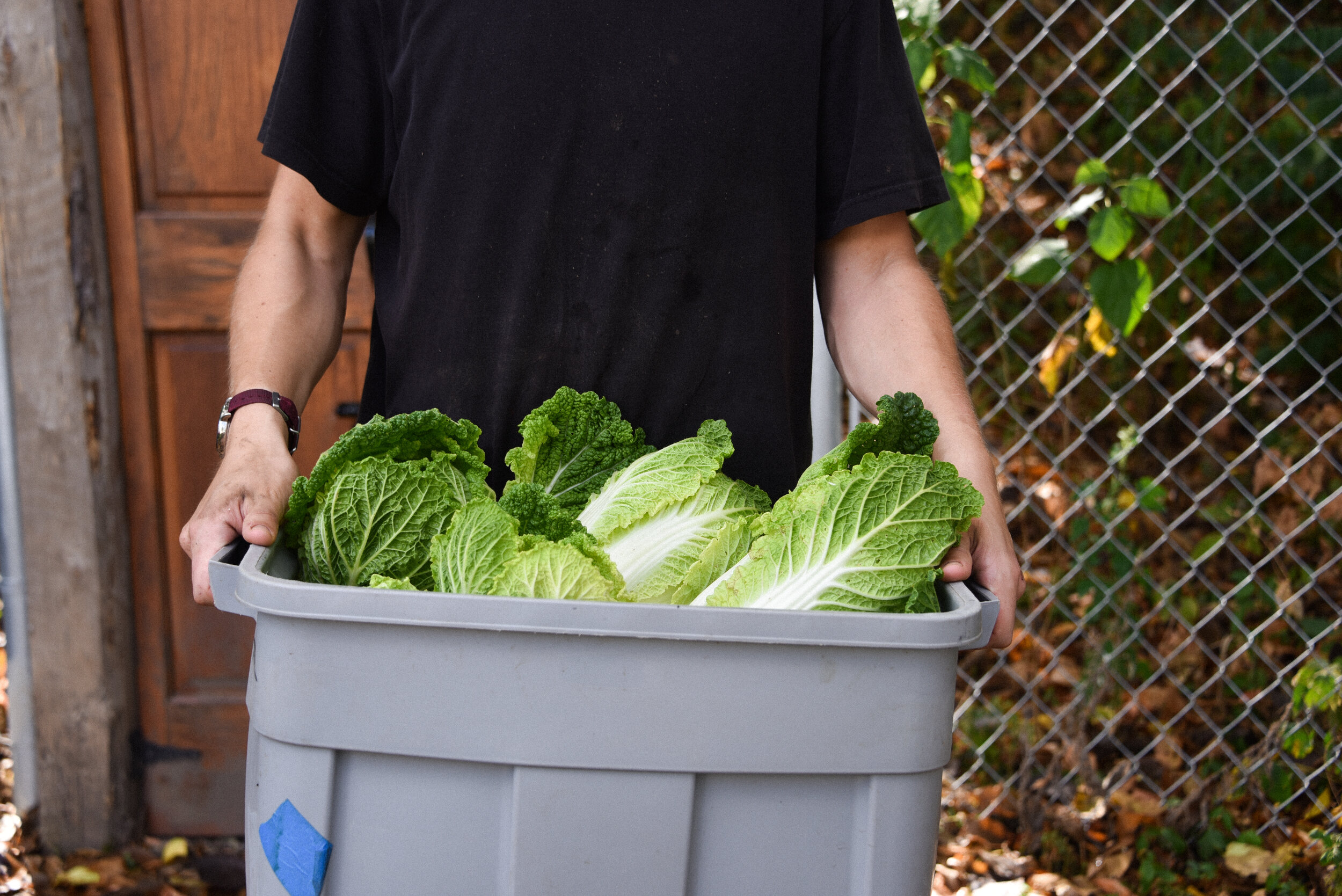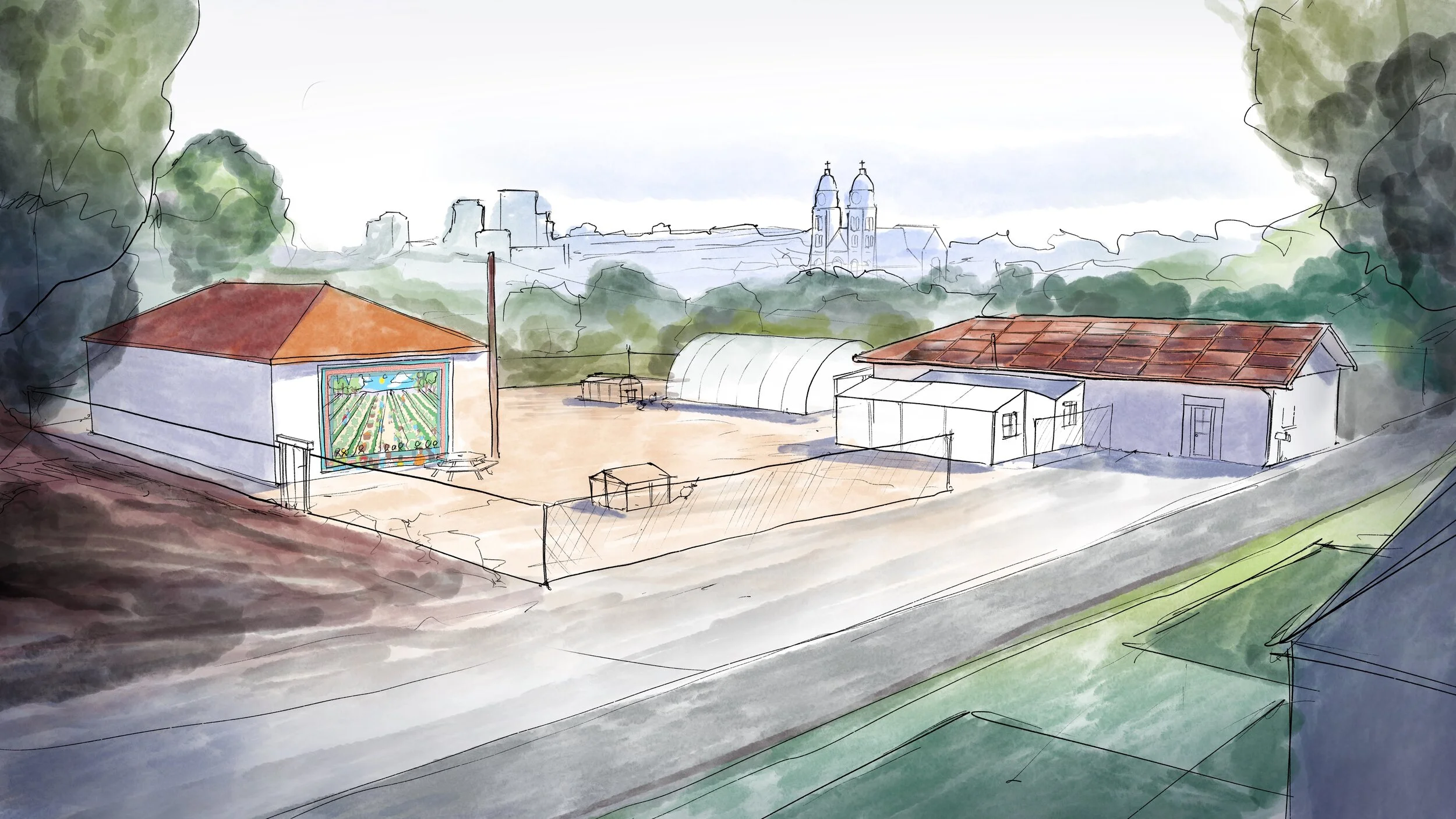
Our Mission
The Mission of Mary Cooperative is a catalyst and partner for sustainable urban development in the community of Dayton, Ohio.
Core Competencies
We are just one small portion of the larger Dayton community. We’ve found that we do our best work fixing our sights on four key competencies.

Developing Partnerships for Sustainable Urban Development
Focusing on Energy Sustainability in Urban Neighborhoods
Developing a net-zero energy headquarters at Silver Lane
Exploring plans and funds for increasing energy efficiency of the Lincoln Hills Garden and homes and business in the Twin Towers Neighborhood.
Operating an Urban Food System
Maintaining a network of urban agricultural plots in the Twin Towers Neighborhood
Operating a two-tiered CSA to support the low cost food in the neighborhood
Distributing food through local markets
Organizing volunteers to work in the Gardens
Operating an Urban Sustainability Learning Center
Providing opportunities for experiential learning and applied research for University of Dayton
Providing opportunities for experiential learning for PK-12 Public and Catholic School and Community and Church Groups.
Engaging Twin Towers Neighborhood
Organize the Backyard Garden
Hosting Neighborhood celebrations at Lincoln Hill Gardens

Our Team
Michael Schulz—Executive Director
After graduating from the University of Dayton in 2007, Mike went on to found a Lay Marianist community in Twin Towers. Fueled by the Marianist heart for community service, he founded Mission of Mary in 2010. In 2016 he received the Christian Service Award from the University of Dayton Alumni Association. Mike completed the course for nonprofit leaders at Aileron. In 2023 he was recognized with the food champion education award from the Montgomery County Commissioners at the annual food summit. He is an ISA certified arborist, musician, and creative problem-solver. He lives in Twin Towers with his wife, Beth, and two children.
Andy Badinghaus—Farm Manager
Andy grew up in the Cincinnati area and has lived in Dayton since graduating from UD. He has been involved in Lay Marianist communities and enjoys playing sports with friends in his free time. He lives with his wife and two children in inner East Dayton.
Natalie Ross—Farmer
Natalie moved to Dayton from her home state of Texas in 2020, and was quickly introduced to Mission of Mary through her involvement with the Marianists. After volunteering for several years and then interning through Notre Dame Mission Volunteers - Americorps, she joined the organization as a full-time staff member. Natalie loves learning more about nature and sustainable agriculture while working as part of a close-knit team trying to make our collective home a better place to live.
Dan Lombardo—Education and Outreach Coordinator
Dan grew up in the woods, bogs, and beaches of Puget Sound in Washington State, where he's spent most of his life. He's enthusiastic to learn all he can about the natural world, and ecstatic to share what he learns with anyone who will listen. He loves public speaking and tends to draw a crowd, both on and off the clock. He has an encyclopedic knowledge of his home biome, and knows a fun fact or two about almost anything in it - a talent that he hopes to expand to his new home, here in Dayton, Ohio.
In his education and outreach coordinator role, Dan uses his ability to find common ground with almost anyone to build connections and foster understanding with and between groups of adults and children alike. The best part of his day is sharing ecological success stories with his students and collaborators, and inspiring them to continue the environmental fight.
Our Board of Directors
Ann Westendorf Hirt
Secretary
Libby Freeze
Brandon Meyer
Robin Oldfield
Jack Dalton
Treasurer
Patty Kremer
Bro. Raymond Fitz S.M.
Board Emeritus
Rob Brodrick
Chair of Board
Bro. Ron Overman S.M.
Fr. Bob Jones S.M.
Core Beliefs
Lay Members of the Marianist Family organized the Mission of Mary Cooperative. The Statement of beliefs reflects the Cooperative’s commitment to the Catholic social tradition and the practices of social transformation integral to the Marianist charism.

Urban Systems as Integral Ecologies:
The goal of sustainable urban development is to transform urban neighborhoods and systems into integral ecologies that incorporate both integral human development for peoples and groups and stewardship of the natural environment. Integral human development addresses the physical, health, educational, employment, cultural, and spiritual needs so people can realize both their own human flourishing and the flourishing of others inside and outside the neighborhood. Stewardship of the natural environment using the resources in a way that respects the laws of nature, the needs of the neighborhood and the larger society, and the thriving of future generation.
Respecting the Dignity of Persons:
Each person, of whatever age, has inherent human dignity. This human dignity comes from viewing each person as an image of God. Given the right environment, people are capable of being artisans of their future and the future of their community. Neighborhoods as integral ecologies develop the gifts of each person. They provide resources to developing a purpose in life and opportunities to contribute to building the resilience of the neighborhood
Weaving Trustful Relations:
Authentic and trustful relations contribute to the dignity of persons and mobilize efforts to advance the common good of the neighborhood. Neighborhoods as integral ecologies create unity across differences. There are respect and appreciation for different gifts. There are opportunities of dialogues and constructive conversations that enable neighbors to grow in respect and appreciation of different gifts of people in the neighborhood and build unity toward a common vision for the neighborhood.
Listening to People at the Margins:
In integral ecologies, neighbors listen to the voices of those at the margins of the neighborhood – people who experience poverty, unemployment, violence, isolation, etc. The voices at the margin are brought into the neighborhood deliberations that shape the desired future of the community.
We’re Transparent About Our Operations


